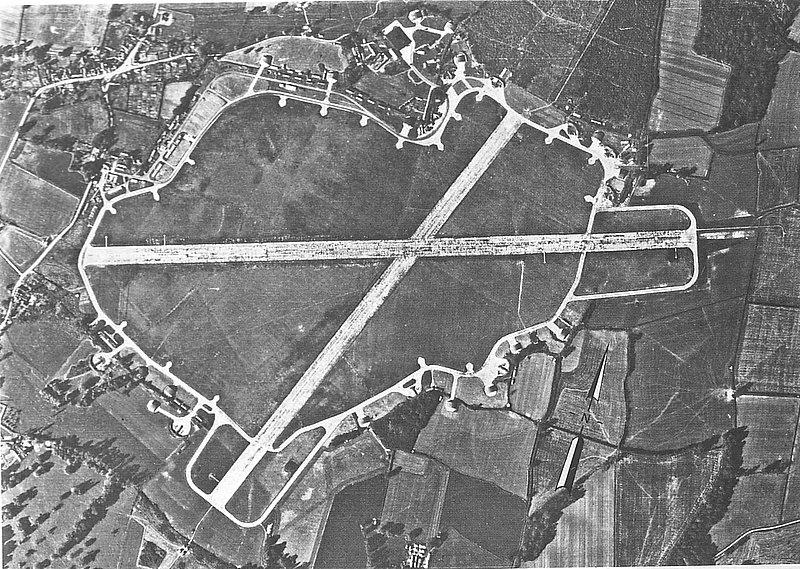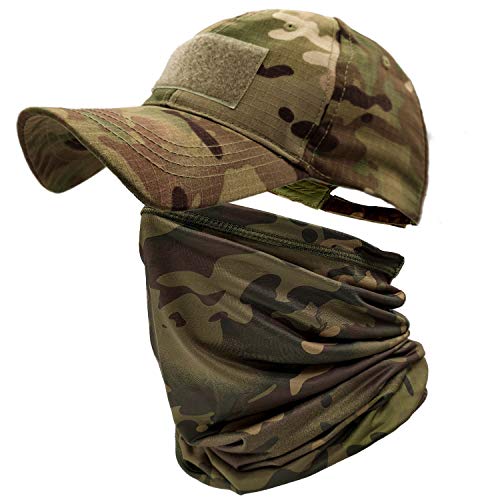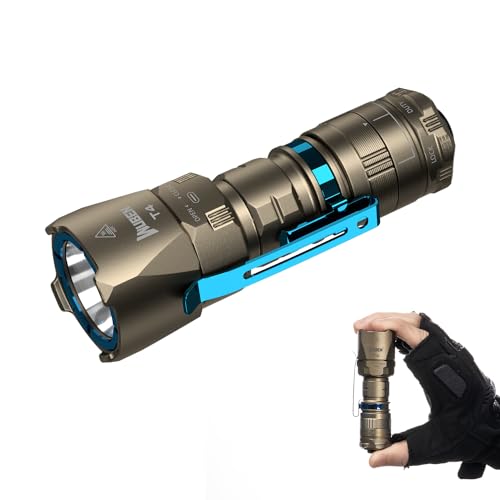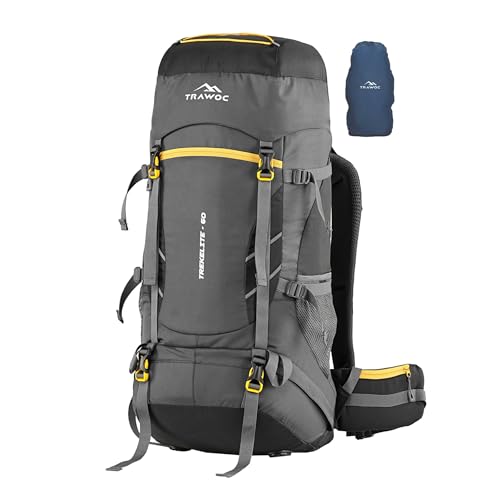RAF HUNSDON
A brief outline and plotted history of the site:
Basic Details
Fighter Airfield built as a sattelite to North Weald.
Drem lighting and Angle Of Approach indicator system were installed.
16 Blister Hangars
18 Hardstands
1 Bellman Hangar
2 Aviation fuel stores
one of 2400 Gallons and another of 3600 Gallons
Main runway 270/090 @ 1450yards later extended to the East to a length of 1750 yards. Secondary runway 210/030 @1250 yards extended to the south by 200 yards.
Eight dispersed sites within a mile of the airfield for accomodation, ablutions and catering.
Work began in October 1940 and the airfield was to be a sattelite of nearby North Weald under RAF Fighter Command. Work was overseen by Wing Commander Pike. The runways and perimeter track were built by George Wimpey and Sons. The width of the perimeter track was 35 feet, and the runways were of the standard 150 foot. Most of the airfield buildings were constructed by HC Janes of Luton. After some problems regarding the pace and quality of building work, Kent & Co took over the building of the rest of the airfield and dispersed site buildings.
With the completion of the runways and perimeter track in March 1941, most of the accomodation was complete and could house 100 Officers,140 NCO's and 200 other ranks of airmen. The WAAF contingent could house 5 Officers,3 NCO's and 268 other ranks. The WAAF site was mostly concentrated at Hunsdonbury, one of the large requisitioned houses that incorporated Site 8 in the grounds.
On May the 4th1941,RAF Hunsdon opened for Operational flying. Although some building work would be ongoing until as late as 1943, A and B flights of 85 Squadron were posted in to become the first operational squadron to be stationed there. Flying Hawker Hurricanes, they were led by Group Captain Peter Townsend and were due to change from a day fighter role into that of a night fighter Squadron, a role that Hunsdon was to become second nature to. Over the course of the war, many varied and notable squadrons served here, most stayed for only a few months, some less than weeks. The following list of squadrons and the type of aircraft flown have been included to show the trend for twin engined aircraft in the role as intruders and nightfighters. Although it has to be noted that 3(F) squadron were flying Hawker Hurricanes on some of the very first Intruder flights into enemy occupied territory at night.
Squadrons that operated from Hunsdon were:
85 Squadron,( Hawker Hurricane, Boulton-Paul Defiant, Douglas Boston/Havoc) 287 Squadron (Boulton Paul Defiant 2's) 1451 flight (Turbinlite flight, Douglas Boston/Havoc) 29 Squadron (Mosquito's) 3 Squadron(F) (Hawker Hurricane 2c's) 1530 flight (Airspeed Oxford's) 157 Squadron (Mosquito's) 515 Squadron (Bristol Beaufighters and Boulton-Paul Defiant's) 409 RCAF Squadron (Mosquito's), 410(Cougar) Squadron RCAF (Mosquito's) 418 RCAF Squadron (Mosquito's)442 RCAF Squadron (Spitfire's)
21(City of Norwich) Squadron, 464 (Australia), and 487 (New Zealand) Squadrons all equipped with Mosquito's and forming 140 wing of the 2nd Tactical Air Force.
Firstly an areal shot of the airfield to bring into perspective what was visited and therefore the logical positioning of the PBs, shelters and associated buildings.
The two runways are still extent though the 150ft wide runways have been broken down to around 15ft to accommodate the land for it's primary modern role today of agriculture. If you look on the google earth view you will see that the perimeter track still exits and this is the route i followed during my tour.

Now onto the photos.
PILLBOX (VARIANT): S0013420
Sat to the rear of a garden, close to the hedge and access in through the side of the farmers field. The PB is accessible externally but is mostly buried and inaccessible. Sorry about the quality of these photos but it was dingy in there.



PILLBOX (VARIANT): S0013421



PILLBOX (VARIANT): S0013423
Sat to the right of runway one and outside the perimeter track:




A view of the perimeter track which was in great condition in places.

Battle Headquarters : S0006568
Used to command and control the defence of the airbase and placed almost at the end of runway two. Situated close to the perimeter track as it exists today. Sadly despite my adventurous nature, the command rooms are flooded up to around 4ft and i could only perch inside the entrance doorway to get photos.
A view of the observation slits giving a limited 360 view of the airfield.





The entrance into the bunkers.



Shooting a couple of shots blind around the nearest doorframe.









A view of the secondary entry/exit to the bunker.

A close up shot of the 'rests' the OP roof rests on.

I then backtracked and walked the length of the remainder of runway two and headed towards Black Hut Wood. At the end of the runway / track is a smattering of light aircraft tied up and thankfully inactive at that time of the morning. There was a warning notice to say away due to it being an operational runway to the side of the track.






PILLBOX (VARIANT): S0013430










PILLBOX (VARIANT): S0013429


Taking a wander around i then found this trench. Quite an extensive run and i crawled most of it before it got too much!!




Back out into fresh air.







PILLBOX (CANTILEVERED): S0013428
Almost impossible to get into but there was extensive damage in the area that was heavily overgrown. Ignoring the notice i stamped down the worst of the brambles and climbed inside.






My entry and exit through a small gap in the brambles.



PILLBOX (VARIANT): S0013427



PILLBOX (VARIANT): S0013425


A timely reminder that a village in Hertfordshire lost their own.


That ends the tour of RAF Hunsdon. I hope you like the report and photos. I missed a few areas and will need to revisit as always!!. RAF Sawbridgeworth was also a gem of a place to visit and i shall post that up tomorrow night.
The dispersal sites are an area i am interested in so this might be a revisit to the area to attempt the research into these areas.
Thanks for viewing.
A brief outline and plotted history of the site:
Basic Details
Fighter Airfield built as a sattelite to North Weald.
Drem lighting and Angle Of Approach indicator system were installed.
16 Blister Hangars
18 Hardstands
1 Bellman Hangar
2 Aviation fuel stores
one of 2400 Gallons and another of 3600 Gallons
Main runway 270/090 @ 1450yards later extended to the East to a length of 1750 yards. Secondary runway 210/030 @1250 yards extended to the south by 200 yards.
Eight dispersed sites within a mile of the airfield for accomodation, ablutions and catering.
Work began in October 1940 and the airfield was to be a sattelite of nearby North Weald under RAF Fighter Command. Work was overseen by Wing Commander Pike. The runways and perimeter track were built by George Wimpey and Sons. The width of the perimeter track was 35 feet, and the runways were of the standard 150 foot. Most of the airfield buildings were constructed by HC Janes of Luton. After some problems regarding the pace and quality of building work, Kent & Co took over the building of the rest of the airfield and dispersed site buildings.
With the completion of the runways and perimeter track in March 1941, most of the accomodation was complete and could house 100 Officers,140 NCO's and 200 other ranks of airmen. The WAAF contingent could house 5 Officers,3 NCO's and 268 other ranks. The WAAF site was mostly concentrated at Hunsdonbury, one of the large requisitioned houses that incorporated Site 8 in the grounds.
On May the 4th1941,RAF Hunsdon opened for Operational flying. Although some building work would be ongoing until as late as 1943, A and B flights of 85 Squadron were posted in to become the first operational squadron to be stationed there. Flying Hawker Hurricanes, they were led by Group Captain Peter Townsend and were due to change from a day fighter role into that of a night fighter Squadron, a role that Hunsdon was to become second nature to. Over the course of the war, many varied and notable squadrons served here, most stayed for only a few months, some less than weeks. The following list of squadrons and the type of aircraft flown have been included to show the trend for twin engined aircraft in the role as intruders and nightfighters. Although it has to be noted that 3(F) squadron were flying Hawker Hurricanes on some of the very first Intruder flights into enemy occupied territory at night.
Squadrons that operated from Hunsdon were:
85 Squadron,( Hawker Hurricane, Boulton-Paul Defiant, Douglas Boston/Havoc) 287 Squadron (Boulton Paul Defiant 2's) 1451 flight (Turbinlite flight, Douglas Boston/Havoc) 29 Squadron (Mosquito's) 3 Squadron(F) (Hawker Hurricane 2c's) 1530 flight (Airspeed Oxford's) 157 Squadron (Mosquito's) 515 Squadron (Bristol Beaufighters and Boulton-Paul Defiant's) 409 RCAF Squadron (Mosquito's), 410(Cougar) Squadron RCAF (Mosquito's) 418 RCAF Squadron (Mosquito's)442 RCAF Squadron (Spitfire's)
21(City of Norwich) Squadron, 464 (Australia), and 487 (New Zealand) Squadrons all equipped with Mosquito's and forming 140 wing of the 2nd Tactical Air Force.
Firstly an areal shot of the airfield to bring into perspective what was visited and therefore the logical positioning of the PBs, shelters and associated buildings.
The two runways are still extent though the 150ft wide runways have been broken down to around 15ft to accommodate the land for it's primary modern role today of agriculture. If you look on the google earth view you will see that the perimeter track still exits and this is the route i followed during my tour.

Now onto the photos.
PILLBOX (VARIANT): S0013420
Sat to the rear of a garden, close to the hedge and access in through the side of the farmers field. The PB is accessible externally but is mostly buried and inaccessible. Sorry about the quality of these photos but it was dingy in there.



PILLBOX (VARIANT): S0013421



PILLBOX (VARIANT): S0013423
Sat to the right of runway one and outside the perimeter track:




A view of the perimeter track which was in great condition in places.

Battle Headquarters : S0006568
Used to command and control the defence of the airbase and placed almost at the end of runway two. Situated close to the perimeter track as it exists today. Sadly despite my adventurous nature, the command rooms are flooded up to around 4ft and i could only perch inside the entrance doorway to get photos.
A view of the observation slits giving a limited 360 view of the airfield.





The entrance into the bunkers.



Shooting a couple of shots blind around the nearest doorframe.









A view of the secondary entry/exit to the bunker.

A close up shot of the 'rests' the OP roof rests on.

I then backtracked and walked the length of the remainder of runway two and headed towards Black Hut Wood. At the end of the runway / track is a smattering of light aircraft tied up and thankfully inactive at that time of the morning. There was a warning notice to say away due to it being an operational runway to the side of the track.






PILLBOX (VARIANT): S0013430










PILLBOX (VARIANT): S0013429


Taking a wander around i then found this trench. Quite an extensive run and i crawled most of it before it got too much!!




Back out into fresh air.







PILLBOX (CANTILEVERED): S0013428
Almost impossible to get into but there was extensive damage in the area that was heavily overgrown. Ignoring the notice i stamped down the worst of the brambles and climbed inside.






My entry and exit through a small gap in the brambles.



PILLBOX (VARIANT): S0013427



PILLBOX (VARIANT): S0013425


A timely reminder that a village in Hertfordshire lost their own.


That ends the tour of RAF Hunsdon. I hope you like the report and photos. I missed a few areas and will need to revisit as always!!. RAF Sawbridgeworth was also a gem of a place to visit and i shall post that up tomorrow night.
The dispersal sites are an area i am interested in so this might be a revisit to the area to attempt the research into these areas.
Thanks for viewing.




































